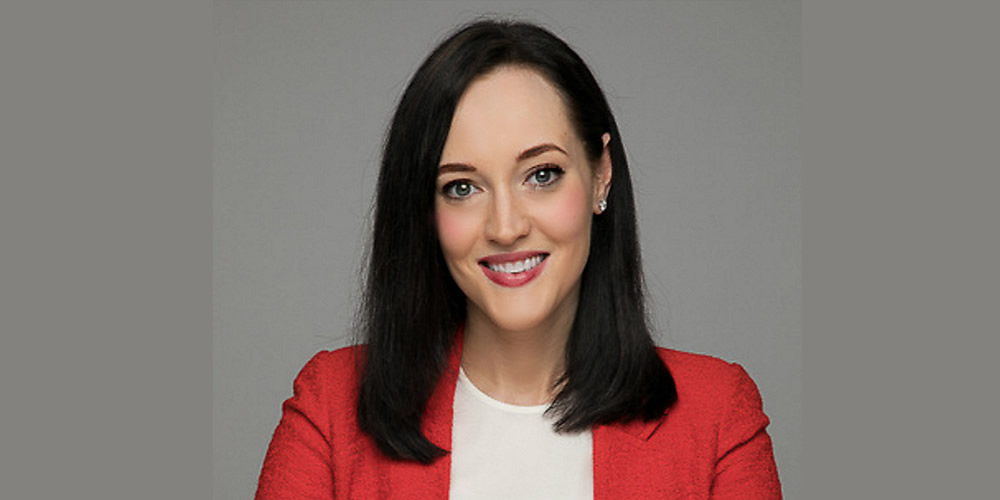Employees across Seattle are making a difference. It’s easy to get involved in small or large projects and to make an impact – every little bit helps. We love seeing innovation workers show up! Read about Seattle’s Inspirational Innovators, get excited, and find tips on how you can help.
This month we speak to Heather Lewis, Government Affairs Manager at Rover. Heather also mentors founders and advises on fundraising, commercialization, and regulatory strategies.
How long have you worked for Rover and what do you do there?
I’ve been with Rover, serving as the Government Affairs Manager for about two years. I represent our users and the company in policy-focused conversations. In an effort to do this well, I have many 1:1 conversations with our users and often encourage them to use their voices to share their thoughts directly with lawmakers. I also build digital grassroots campaigns which encourage our users to advocate for/against policies that will affect them and their businesses; and finally, I collaborate cross-functionally with other Rover teams to enhance internal policies that promote safety.
Did you grow up in the Seattle area or did you move here for work?
I grew up all over British Columbia, Canada – (Mayne Island, Salt Spring Island, Kelowna, and Vancouver), then moved to Seattle eight years ago. Since moving to here, I’ve attended grad school at UW, and have held several roles at the intersection of technology, policy, and entrepreneurship.

How did you get interested in community service and volunteering?
My parents spent considerable time volunteering for children-related causes when I was growing up (sports, youth education programs, etc.). My siblings and I learned from their examples that any plans for our lives should include ways to meaningfully and continuously give back to others.
Immigrating via a spousal visa meant I was unable to work for a few months upon arrival in Seattle. I saw this employment gap as an opportunity to get to know people and organizations in the community. In this early period and the years following, I’ve partnered with organizations and boards focused on technology, education, and access, including the YWCA of Seattle-King-Snohomish, Refugee Womens’ Alliance (ReWA), the City of Seattle’s Community Technology Advisory Board (CTAB), and most recently Western Governors University of Washington.
What drew you to working with your chosen volunteer organizations?
My father was a public elementary school principal. He first introduced me to the opportunity gaps impacting some children and their families. Learning of these challenges ignited my passion for organizations effectively addressing access issues related to education, and later for workforce readiness programs and technical and computer education programs.
What other ways do you support our local community?
I’m fairly involved in the early-stage startup community. Mentoring founders and advising on fundraising, commercialization, and regulatory strategy are all things I find fun.

It can be taxing trying to solve complex social problems. How do you stay motivated as a volunteer?
I make decisions about how to invest my time, energy, and resources based on potential for impact. If I believe an organization is especially well-positioned to make a difference addressing a specific problem, and that my specific skills, connections, time allotments etc. could help advance that effort further, I consider joining on. A lot of opportunities sound great, but never get off the ground. Finding the right people to work with, at the right time, matters a lot. I’ve also gotten better at saying “no” to opportunities when I’m not the right fit/can’t dedicate the time to help make the effort successful. For the things I do say “yes” to, I put considerable effort into seeing them through.
What words of advice do you have for anyone interested in helping our community but are unsure where to start?
Think deeply about what it is that you care about. Is it homelessness, is it sustainability, is it education? Once you’re clear on what matters to you or what ranks as one of the things that matters most to you, there are plenty of ways to plug in. (For Seattle area tech workers, sea.citi for example ?.) Also: Rebekah Bastian, VP of Community & Culture at Zillow Group created the Creating Pathways Slack channel to help tech folks find opportunities to connect and give back, and Facebook’s community calendar and groups can be quite helpful at finding relevant, local events.
